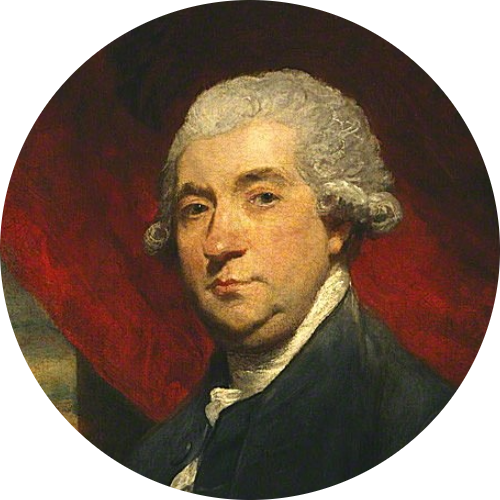Published by Dodsley in 1762, paid for by the author. The poem celebrated Boswell's first visit to London in 1760 and his introduction to London's social life and the Duke of York, to whom the work was dedicated (without permission). The Cub in mention was Boswell himself.
The poem was rather bad, and The Monthly Review said of it "From the sprightly Preface we expected very high entertainment in reading the Poem; but the humour of the piece being chiefly confined to the occasion and the place, we were much disappointed, as the meaning was scarce intelligible to us."1
Having read Boswell's journals and later biographies we understand the poem clearly, but his contemporaries didn't have that advantage. (Of course, Lord Eglinton's name was deleted in the published edition, and it was published anonymously, so it would be very hard to learn anything from the poem)
The poem was dedicated to Edward Augustus, Duke of York (d. 1767). Early biographies (and even later ones such as Vulliamy's from 1932) thought Boswell had got the Duke's permission, but this theory is refuted by Boswell himself in his London Journal (which was not known until the 1930s), as he wrote of a conversation with Lord Eglinton in London on November 27, 1762, that "I was sorry that my dedication to the Duke of York had been ill taken, and I insisted he [Eglinton] should make it up and bring us together." The actual dedication is as follows:
Dedication from the Cub at Newmarket (1762)
TO
His ROYAL HIGHNESS
EDWARD
Duke of YORK
Sir,
PERMIT me to take this method of thanking your Royal Highness, for condescending to like the following Sketch. Or, in other Words, permit me to let the World know that this fame Cub has been laughed at by the Duke of YORK;---- has been read to your Royal Highness by the Genius himself, and warmed by the immediate beams of your kind Indulgence.
HAD I been able to conceal this, I should have imagined that I had not the least Spark of the Enthusiasm of Parnassus in my Composition.---- To be so deficient in Vanity, which, if I am not mistaken, may be reckoned an inseparable Characteristic of a Poet.
THIS Trifle, SIR, would not presume to interrupt you, when engaged in matters of Consequence. It only begs leave to pay it's Respects in an hour devoted to chearful Festivity.
I wish your Royal Highness a long, a merry, and a happy Life; and am,
Your obliged
Devoted Servant.
